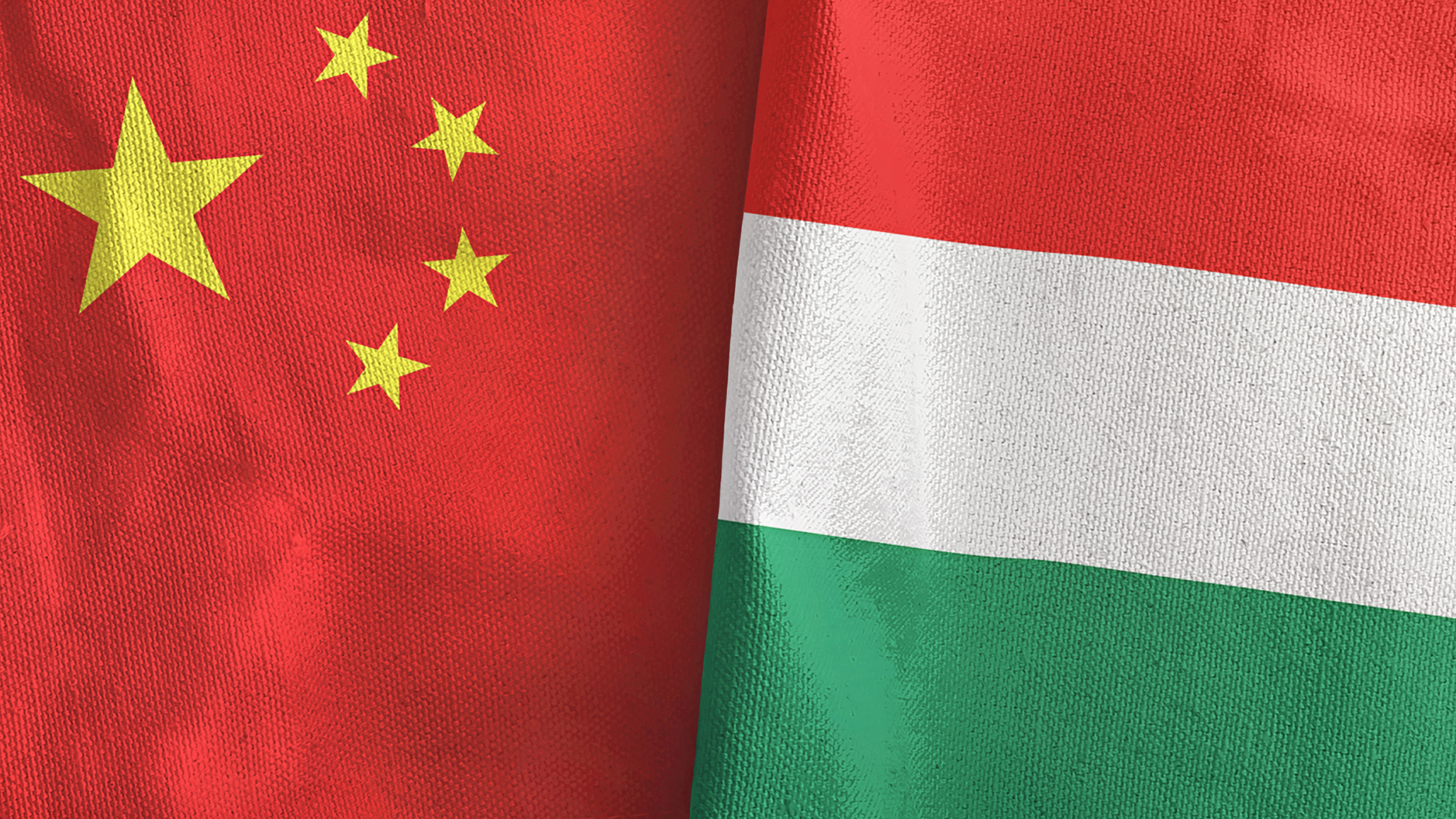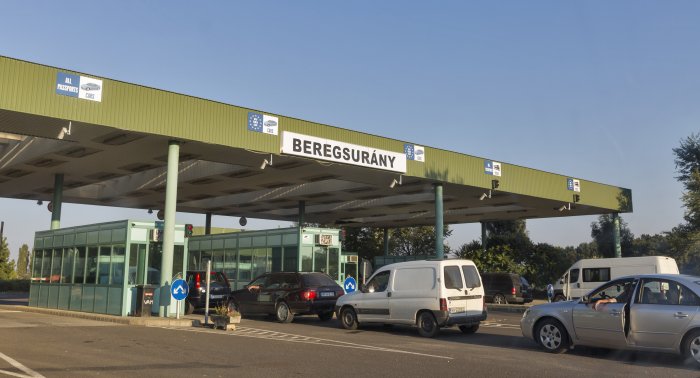Hungary ‘Should be Proud’ of Contribution to Global Road Safety

Nneka Henry
In the week this issue of the Budapest Business Journal went to print, the Hungarian capital was playing host to the seventh international meeting of the Global Alliance of Road Safety NGOs. The Hungarian Motorsport and Green Mobility Development Agency was to sponsor a fundraising gala due to be held yesterday, March 24, to support road safety initiatives across the country. In this op-ed, Nneka Henry, head of the United Nations Road Safety Fund, says it is an apt time to highlight Hungary’s key role in road safety financing.
Hungary should be proud. Across the globe, Hungary has one of the lowest rates of road traffic deaths at 6.2 per 100,000 inhabitants, compared to the world average of 18.2, according to the World Health Organization. What is equally admirable is that, as far as the Sustainable Development Goal (SDG) to halve road traffic deaths by 2030 goes, Hungary appears to be walking the talk of its International Development Cooperation Strategy 2020-2025.
According to the strategy, Hungary seeks to play a prominent role in addressing some of the foremost challenges faced by the international community, with a focus on leaving no one behind, especially Sub-Saharan Africa, least developed countries, and the Middle East. Its role within the global development landscape to improve road safety does just that.
Road traffic crashes are the leading cause of death for children and youths aged five to 29 years old in the world, and the reason that every year, 1.3 million perish, and more than 50 million suffer severe injuries. However, although road traffic fatalities are a shared experience by all countries, the jaw-dropping reality is that 93% of road deaths occur in low- and middle-income countries. This “epidemic on wheels” is particularly deadly in Africa, where the road traffic death rate is reported to be as high as 35.9 per 100,000 inhabitants.
Through multi-year financing to the United Nations Road Safety Fund (UNRSF), Hungary has proven to be a committed partner in the UN-led global partnership to improve road safety in developing countries. In line with its own development assistance priority of leaving no one behind, Hungary’s support ensures that nine African Sub-Saharan countries, eight least developed countries, and three developing countries in the Middle East receive much-needed expertise to help them improve critical aspects of their road safety systems.
Hungarian road safety improvements, including the establishment and enforcement of laws on speeding, drink-driving, seat belt use and child restraints, have led to a notable lowering of road traffic crashes in recent years.
Having undertaken its own set of interventions and infrastructure improvements in recent years, Hungary is a credible global actor and world example that road safety solutions exist and work. It is precisely these types of proven solutions that are delivered through UNRSF road safety projects.
In Sub-Saharan Africa, countries such as Ethiopia and Mozambique are receiving technical know-how to design and build safe cyclist and pedestrian pathways in cities. As a least developed country, the Democratic Republic of Congo is one of 15 West African states benefiting from the establishment and enforcement of used vehicle safety standards. In the Middle East, UNRSF has also been working with the governments of Egypt, Iran and Jordan to strengthen the legislative and regulatory framework for road safety.
Hungary’s strategy does not only speak to having a role on the international level and promoting the SDG Agenda. Another key pillar of Hungary’s approach to international development includes mobilizing civil society and the private sector. On both accounts, the Hungarian public and private sectors have responded to the call.
In 2021, the Hungarian Motorsport and Green Mobility Development Agency (HUMDA) sponsored a fundraising gala dinner which donated all proceeds to advancing the work of the Global Alliance of Road Safety NGOs.
One year later, during March 21-24, 2022, the Global Alliance of Road Safety NGOs held its seventh global meeting in Budapest and featured opening statements by Minister for Innovation and Technology László Palkovics, the UN Secretary General’s Special Envoy for Road Safety, Jean Todt, as well as high-level representatives from the European Commission, FIA Foundation, Johnson & Johnson and UNRSF.
The objective of the meeting is to raise awareness and mobilize further NGO support for the upcoming UN High-Level Meeting on Improving Road Safety which will take place at the UN Headquarters in New York on June 30, 2022.
Given its previous success, HUMDA, with the participation of the private sector, was again to sponsor a fundraising gala at the Museum of Fine Arts on March 24, with the goal of using proceeds to support educational road safety campaigns for children in Hungary.
Hungary should be proud. With Hungarians’ continued commitment to improving road safety at home and abroad, the international community is better equipped to deliver on its promise of leaving no one behind with respect to safe roads.
This article was first published in the Budapest Business Journal print issue of March 25, 2022.
SUPPORT THE BUDAPEST BUSINESS JOURNAL
Producing journalism that is worthy of the name is a costly business. For 27 years, the publishers, editors and reporters of the Budapest Business Journal have striven to bring you business news that works, information that you can trust, that is factual, accurate and presented without fear or favor.
Newspaper organizations across the globe have struggled to find a business model that allows them to continue to excel, without compromising their ability to perform. Most recently, some have experimented with the idea of involving their most important stakeholders, their readers.
We would like to offer that same opportunity to our readers. We would like to invite you to help us deliver the quality business journalism you require. Hit our Support the BBJ button and you can choose the how much and how often you send us your contributions.








